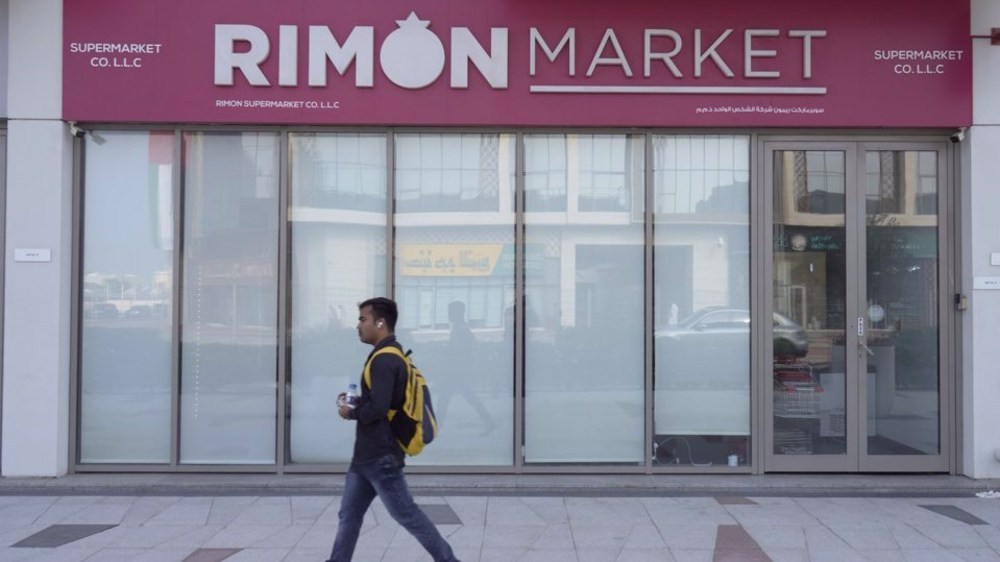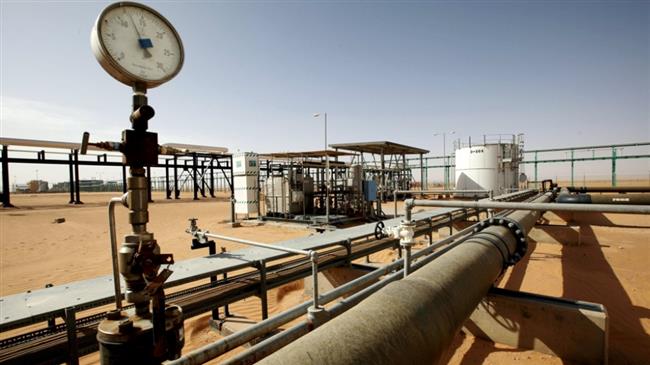Sudanese workers in UAE deceived into fighting alongside Libyan rebels, HRW warns
Human Rights Watch (HRW) says hundreds of Sudanese men reportedly recruited by an Emirati security firm as guards in the United Arab Emirates (UAE) have been tricked into fighting in Libya for renegade military commander General Khalifa Haftar.
The New York-based organization announced in a report that Black Shield Security Services hired more than 390 Sudanese men, who thought they were coming to work as security guards in the wealthy Persian Gulf country.
They expected to be posted in malls, hospitals, hotels, or at the entrance of embassies or government buildings.
Upon arrival at Abu Dhabi International Airport, a group of more than 40 Sudanese men were met by two Emirati men, who introduced themselves as representatives of Black Shield Security Services, according to Human Rights Watch.
The company representatives immediately confiscated the men’ passports – a pervasive practice in the UAE despite official prohibition since 2002. The men then boarded buses and were taken to a compound in the city of Ghiyathi, situated about 300 kilometers (186 miles) to the east.
Over the next few weeks, more Sudanese men arrived at the military compound, but company representatives were nowhere to be seen. Instead, members of the Emirati Armed Forces gave them military uniforms, confiscated their phones and told them they would undergo security training for at least eight weeks, HRW pointed out.
“They taught us [military] field skills, battle drills, the army crawl, and many other things that had nothing to do with a security guard job,” one of the men, identified only by the given name Amer, said.
He added, “We trained to use all types of weaponry, the Kalashnikov, machine guns, RPGs, and mortars. We were taught how to disassemble and assemble the weaponry, how to use hand grenades, and how to shoot at targets.”
Amer and the other men were later transported to, and housed in a dilapidated military compound in the eastern oil-rich Libyan town of Ras Lanuf. The Sudanese men lived in the compound alongside Libyan fighters aligned with Haftar’s self-styled Libyan National Army (LNA). They were told they would guard the surrounding oil facilities.
Finally, after one of the Sudanese men in Libya managed to tell his family back in Khartoum about the situation, some of the men’s families protested at the UAE embassy in the Sudanese capital and demanded their relatives be immediately returned to Sudan.
Days later, they protested again in front of the Sudanese Ministry for Foreign Affairs, and Sudanese activists amplified their calls on social media.
Arriving back in the UAE, the Sudanese men who refused to work without being informed of their work location were moved out of the Ghiyathi compound to another nearby compound, where they were housed in trailers in detention-like conditions without their phones for one week.
Once all Sudanese employees of Black Shield were reunited at a migrant workers’ accommodation in the Emirati city of Bani Yas, the men said they wanted to go back to Sudan immediately.
The Sudanese men have assembled a team of local volunteer lawyers, headed by Suleiman Jiddi since returning home, and have taken legal actions against local companies that contributed to tricking Sudanese men into recruitment by Black Shield Security Services and fighting in Libya.
The UAE has routinely and systematically violated a 2011 UN Security Council arms embargo on Libya, according to UN experts’ reports. It reportedly supplies weapons and ammunition to General Hiftar’s loyalists, operates armed drones in support of LNA forces and has an operating base in eastern Libya.
Libya first plunged into chaos in 2011, when a popular uprising backed by a NATO intervention led to the ouster of long-time leader Muammar Gaddafi.
Two rival seats of power have emerged in the country since 2014, namely the internationally-recognized government run by Prime Minister Fayez al-Sarraj, and the parliament based in the eastern city of Tobruk, supported militarily by Haftar’s rebels.
The Libyan rebels are supported by the UAE, Egypt, and Jordan. They launched an unsuccessful military offensive to seize the capital, Tripoli, and unseat the government in April 2019.
The Libyan military has undone many of the rebels’ gains.
VIDEO | Pakistani Christians mark Christmas in solidarity with Palestine
VIDEO | Plight of Gaza cancer patients
Dozen people killed in armed clashes in Syria’s Tartus
VIDEO | Yemen’s hypersonic missiles continue targeting Israel
VIDEO | Intl. event marks Yalda Night, Christmas, Birth Anniv. of Lady Fatima (PBUH)
Russia urges IAEA to uphold impartiality in monitoring Iran's nuclear facilities
VIDEO | Sana’a university students slam US-Israeli aggression against Gaza, Yemen
Yemeni drone operation targets Israeli industrial zone





















 This makes it easy to access the Press TV website
This makes it easy to access the Press TV website